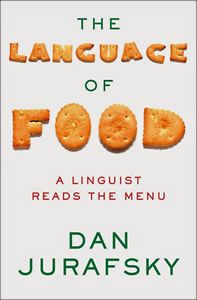
(Photo by Alex Akopyan)
Do you spend a lot of time trying to find the right words to convey the emotional benefit of your product or service? Would you be surprised to discover that there’s a psychology of word choice that can help (or harm) your brand?
When selling low-priced goods or services, wording is aligned with simple phrases that are generally empty of meaning (“tastes great”, “top-notch offerings”, “best-in-class”, etc.). People who purchase low-priced services are generally not looking for high-quality – they’re looking for something that “does the job”. In fact, if you claim high-quality/low-price, the prospective buyer is rightfully often skeptical (if you have high-quality, why don’t you charge more for it?).
When selling mid-priced items, marketing language needs to distance the offering from the low-priced competition. This can be done by building on a lower-priced benefit, and adding a secondary emotional benefit. For example, “not only tasty, but healthy too!” Alternatively, the language may convey a “non-flowery” tangible benefit (“20% better results – guaranteed!”).
High-priced (luxury) marketing can’t simply use the same technique for separating mid-priced from low-priced phrasing. While the offering may not be measurably better than a mid-priced (or even low-priced) competitor, it needs to convey the status of your brand “promise” (perception). You convey status with understated elegance in word selection, using words that are rarefied (polysyllabic or foreign) or simple (showing that the offering’s quality will speak for itself).
Sometimes its not what you say, but how you say it.
Bonus: Similar research for effective word in real estate listings can be found here.
 This article was inspired by the book The Language of Food (by Dan Jurafsky) which not only provides a fascinating linguistic history of many food-related names (ketchup, entree, flour, salad, etc.) but also an insightful analysis of restaurant menus and potato chip bag advertising.
This article was inspired by the book The Language of Food (by Dan Jurafsky) which not only provides a fascinating linguistic history of many food-related names (ketchup, entree, flour, salad, etc.) but also an insightful analysis of restaurant menus and potato chip bag advertising.